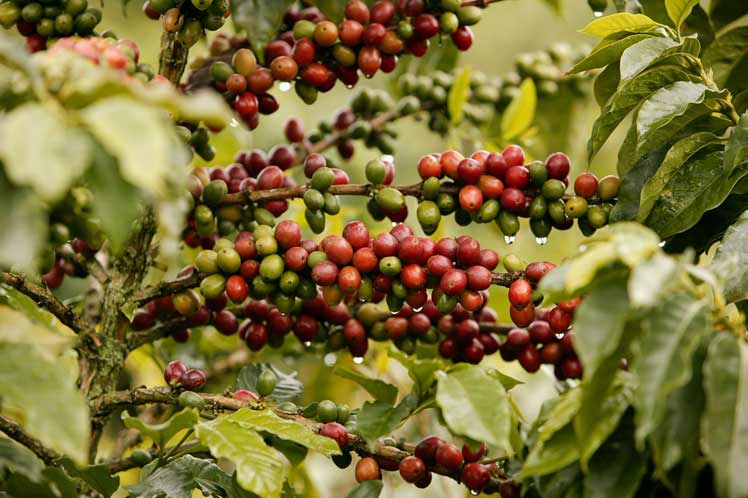The entity pointed out that 83% of the farms in El Salvador require adaptation measures due to climate change, which affects especially those located less than 800 meters above sea level.
The lender pointed out that pests, losses due to drought or excessive rainfall, or the spread of lethal fungi such as rust, are some of the consequences of climate change that Salvadoran coffee growers face on a daily basis.
The IDB underscored that the outlook does not look positive, as weather conditions are expected to worsen as the planet gets warmer.
The bank noted that coffee farming generates 26% of agricultural- industrial employment, while 22% of forests are found on farms. However, from 2000 to 2016, 8% less forest cover was recorded, grounded in the expansion of extensive agriculture and the upturn of pastures for cattle ranching.
mh/omr/mem/lb










